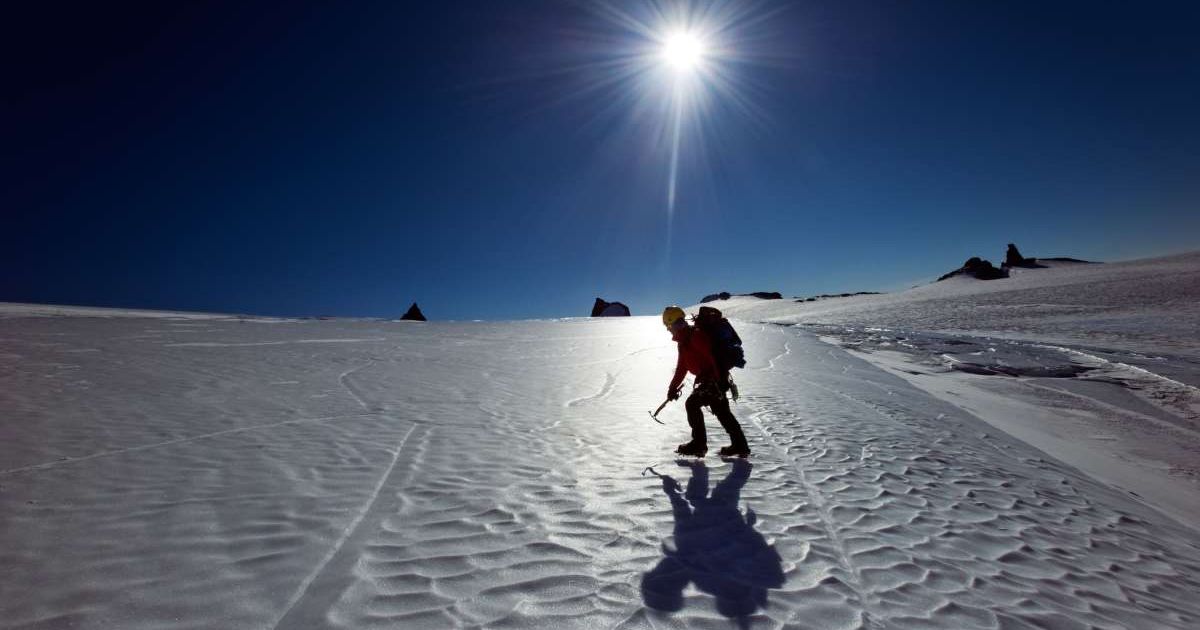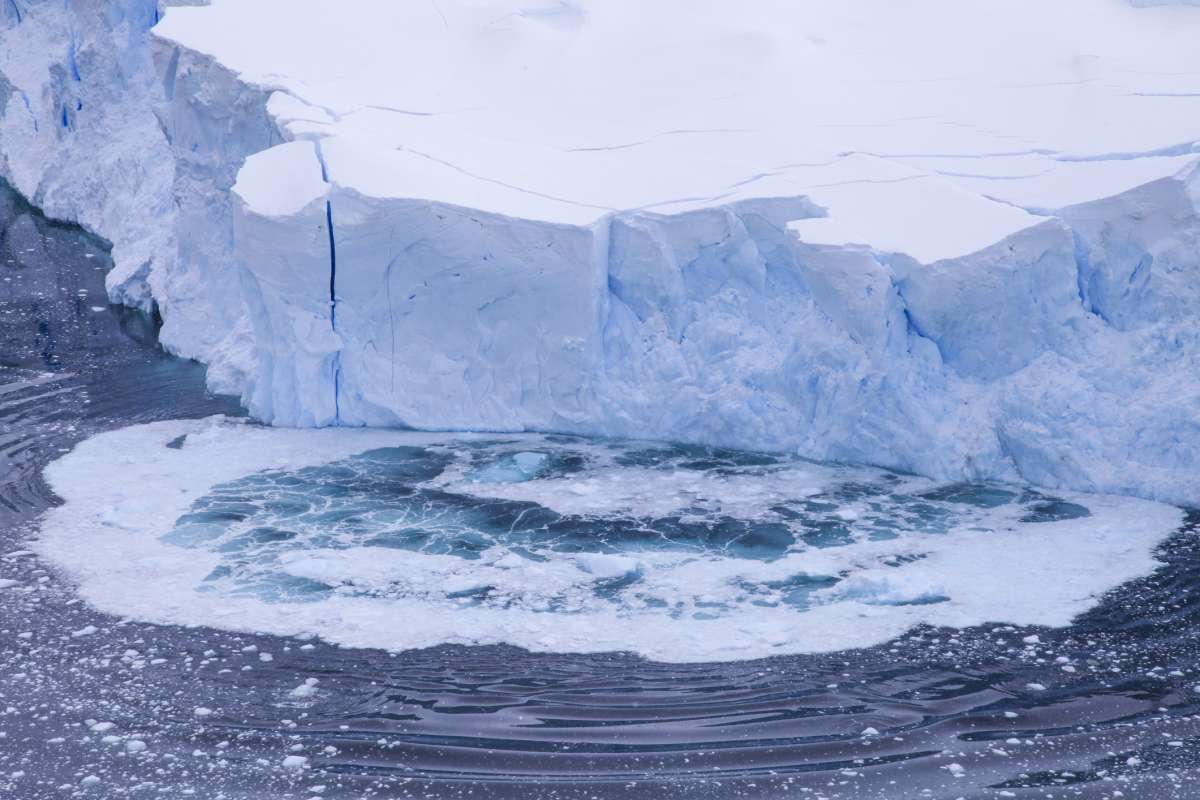Antarctica Is Seeing ‘Abrupt Changes’ And Experts Warn It 'Will Affect The Generations to Come'

Antarctica, the southernmost continent of the planet, is much more than just an icy white desert. An interwoven system of shifting ice, dribbling waters, and howling winds determines the day-to-day behavior of the Antarctic landscape. If one system is thrown out of balance, it triggers cascading disintegrations and ultimately, collapse. In a new study published in the journal Nature, scientists documented the current state of Antarctica, saying that the icy continent, these days, is going through a domino of “abrupt changes” influenced by human-caused climate change, and if these changes are not controlled, the impacts will be unstoppable.

Tipping point
Scientists warned that the current state of Antarctica could prove to be ravaging, not just to the continent, but to the entire world for generations to come. These extreme changes in its climate system are shifting the gears of its rhythms and behaviors, and not in a positive way, sadly. From the rapid shrinking of sea ice to the melting of floating glaciers called ice shelves, from ice sheets approaching their “tipping points” to the vital ocean currents slowing down at an alarming rate, the shifting gears and wheels of Antarctica’s clockwork appear to pave the way for “catastrophic consequences” for years to come.

The study was conducted by a team of researchers from The Australian National University (ANU) and the University of New South Wales (UNSW Sydney) in collaboration with each of Australia's major Antarctic research centres and scientists from overseas. They examined a variety of factors, including the sea ice, the vortex of whipping winds, the state of ocean currents, and the marine life, only to conclude that the accelerating shift is not only an effect of global warming, but also a cause that would materialize into an effect in the years to come.
Melting sea ice
Although the floating sea ice doesn’t quite add to the significant rise of the sea levels, when it starts melting, it unleashes a ripple that causes the currents to slow down. “As sea ice is lost from the ocean surface, it is also changing the amount of solar heat being retained in the climate system, and that is expected to worsen warming in the Antarctic region,” lead author and Australian National University professor Nerilie Abram explained in a press release. To turn these facts even worse, satellite data collected over the years showed that the Antarctic sea ice cover plunged dramatically over the last decade.

Since 2014, the sea ice has retreated to about 75 miles from the continent’s shoreline. This contraction unfolded about three times faster in ten years than the decline in Arctic sea ice experienced over about five decades. Verbalizing the situation, Abram said, "Antarctica is showing worrying signs of rapid change across its ice, ocean, and ecosystems. Some of these abrupt changes will be difficult to stop,” per CBS News.
Slowdown of ocean currents

The professor added that shifts in different facets of Antarctica’s climate system are amplifying each other, which seems to be accelerating the overall rate of global warming, not just in the continent, but across the entire planet. Meltdown of sea ice, for instance, is triggering the slowing down of ocean currents. Deep down in the oceans, the currents are weakening in intensity. This system of deep currents, known as the Antarctic Overturning Circulation, plays a critical role in regulating Earth’s climate by absorbing carbon dioxide and distributing heat.
Dying emperor penguins

The abrupt slowdown of currents could taper off the amounts of oxygen and carbon dioxide the ocean absorbs, leaving vital nutrients at the seafloor. Less oxygen and fewer nutrients would have major consequences for marine ecosystems and climate regulation. A BBC report described how the population of emperor penguins in the region is on a stark decline. Since sea ice is a crucial ingredient that determines their breeding success, the thinning of ice is posing challenges to their reproduction. Many are dying from freezing or drowning. According to the study, this is the “point of no return,” an unstoppable collapse, as Abram put it.
More on Green Matters
World’s Biggest Iceberg From Antarctica Is on the Move — and It’s Not Good News for Australians
Satellite Images Chronicle the Total Collapse of a New York-Sized Ice Shelf in Antarctica
Antarctic Ice Sheet Has Irregular Heartbeat- Research Says It’s Not a Good Sign for Climate Change